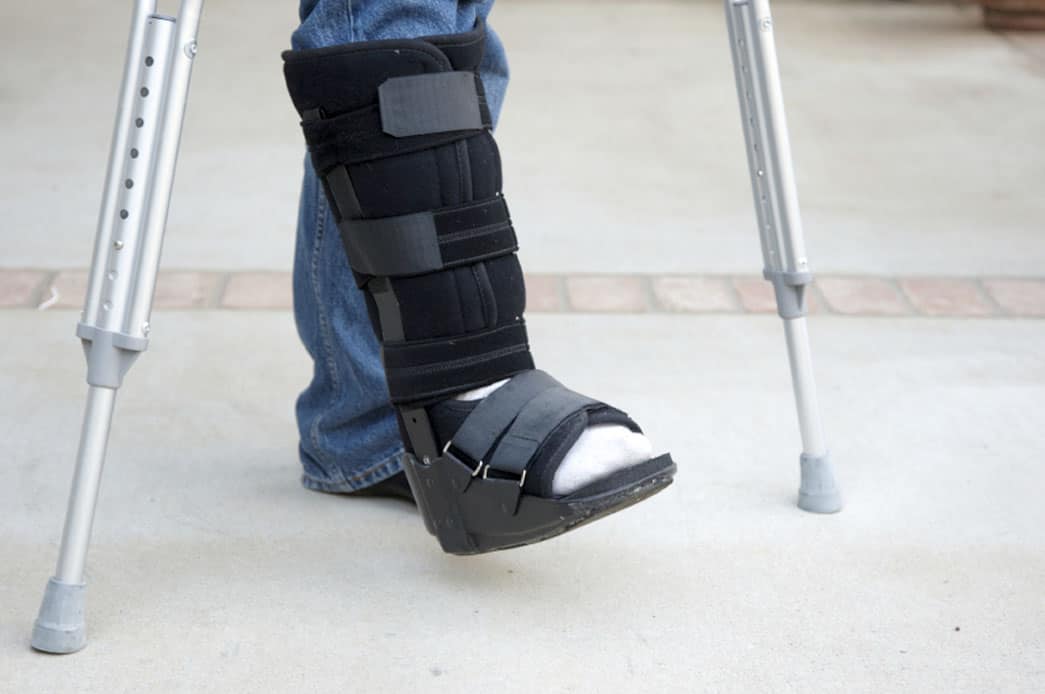Injuries at the workplace happen all the time. Too often, they get swept under the rug. For a number of reasons, many workplace injuries go unreported, leaving employees at risk for long-term bodily harm, or even permanent disabilities, depending on the type of injury.
If you’ve been injured at work, it’s important not to ignore it—visit a doctor, hospital, or specialist and make sure that you are cleared to return to work before doing so.
Whether your employer has policies in place that discourage reporting injury, or you just don’t want to make any waves at work, your health is important, and it’s within your rights to report a workplace injury so that you can be properly compensated for it.
Commonly Unreported Workplace Injuries
When you think of an unreported workplace injury, you might think of things like papercuts in the office, tripping on carpeting, or other minor things. However, research has shown that many serious injuries go unreported, including:
- burns
- injuries resulting from being caught in machinery
- repetitive motion injuries that cause carpal tunnel
- slips and falls
Many workers may choose not to report their injuries for fear of retaliation, such as being fired for requesting workers’ compensation or time off, or being treated poorly after the incident as a direct result of reporting the injury.
Thankfully, workers who report injuries and file for workers’ compensation are protected under both state and federal laws from being fired, harassed, or discriminated against by their employers.
Many workers may choose not to report their injuries for fear of retaliation, such as being fired for requesting workers’ compensation or time off, or being treated poorly after the incident as a direct result of reporting the injury.
Thankfully, workers who report injuries and file for workers’ compensation are protected under both state and federal laws from being fired, harassed, or discriminated against by their employers.
What to Do About Reporting an Injury
When you get hurt at work, whether it’s serious or seemingly minor, let your supervisor, manager, or workplace owner what happened and fill out an incident report. If you feel the need to, absolutely see a medical professional; even if you don’t go immediately, you are allowed to see a doctor after the fact.
If you are having trouble getting an employer to cooperate with your requests for time off or medical bill payment, you may need to contact a lawyer. Workers’ compensation attorneys deal with countless cases that involve workplace injuries and workers who need help either paying medical bills, recouping lost wages, or who need disability help.
If you are struggling with any of those, contact a personal injury lawyer who concentrates in workers’ compensation cases as soon as you can—the longer you wait to start dealing with a work injury case, the more complicated they can become.






Leave a Comment